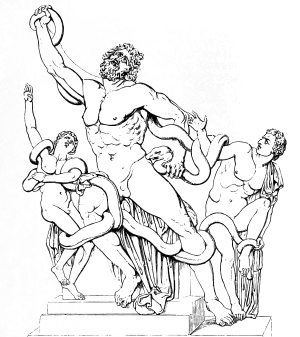
Could the answer be quantum physics after all? Various people have suggested that the mystery of consciousness might turn out to be explicable in terms of quantum physics; most notably we have the theory championed ny Roger Penrose and Stuart Hameroff, which suggests that as-yet unknown quantum mechanics might be going on in the microtubules of neural cells. Atai Barkai has kindly shared with me his draft paper which sets out a different take on the matter.
Barkai’s target is subjective experience, or what he defines as the consciousness instance. We may be conscious of things in the world out there, but that kind of consciousness always involves an element of inference, explicit or not; the consciousness instance is free of those uncertainties, consisting only of the direct experience of which we can be certain. Some hardy sceptics would deny that there is anything in consciousness that we can be that sure of, but I think it is clear enough what distinction Barkai is making and that it is, as it were, first order experience he is aiming at.
The paper puts a complex case very carefully, but flinging caution to the winds I believe the gist goes like this. Typically, those who see a problem with qualia and subjective experience think it lies outside the account given by physics, which arguably therefore needs some extension. Barkai agrees that subjectivity is outside the classical account and that a more capacious concept of the universe is needed to accommodate it; but he thinks that quantum entanglement can already, properly read, provide what is needed.
It’s true that philosophical discussions generally either treat classical physics as being the whole subject or ignore any implications that might arise from the less intuitive aspects of quantum physics. Besides entanglement, Barkai discusses free will and its possible connection with the indeterminism of quantum physics. If there really is indeterminism in quantum physics; on this and other points I simply don’t have a clear enough grasp of the science to tackle the questions effectively (better informed comments would be welcome).
Entanglement, as I understand it, means that the states of two particles (or in principle, larger bodies) may be strongly connected in ways that do not depend on normal classical interaction and are not affected by distance. This means that information can in theory be transferred any distance, instantly and infallibly, which opens up the theoretical possibility of quantum computing, delivering the instant solution to computable problems of any finite size. Whether the brain might be doing this kind of thing is a question which Barkai leaves as an interesting speculation.
The main problem for me in the idea that entanglement explains subjectivity is understanding intuitively how that could be so. Entanglement seems to offer the possibility that there might be more information in our mental operations than classical physics could account for; that feels helpful, but does it explain the qualitative difference between mere dead data and the ‘something it is like’ of subjectivity? I don’t reject the idea, but I don’t think I fully grasp it either.
There is also a more practical objection. Quantum interactions are relevant at a microscopic level, but as we ascend to normal scales, it is generally assumed that wave forms collapse and we slip quickly back into a world where classical physics reigns. It is generally thought that neurons, let alone the whole brain, are just too big and hot for quantum interactions to have any relevance. This is why Penrose looks for new quantum mechanics in tiny microtubules rather than resting on what known quantum mechanics can provide.
As I say, I’m not really competent to assess these issues, but there is a neatness and a surprising novelty about Barkai’s take that suggests it merits further discussion.
